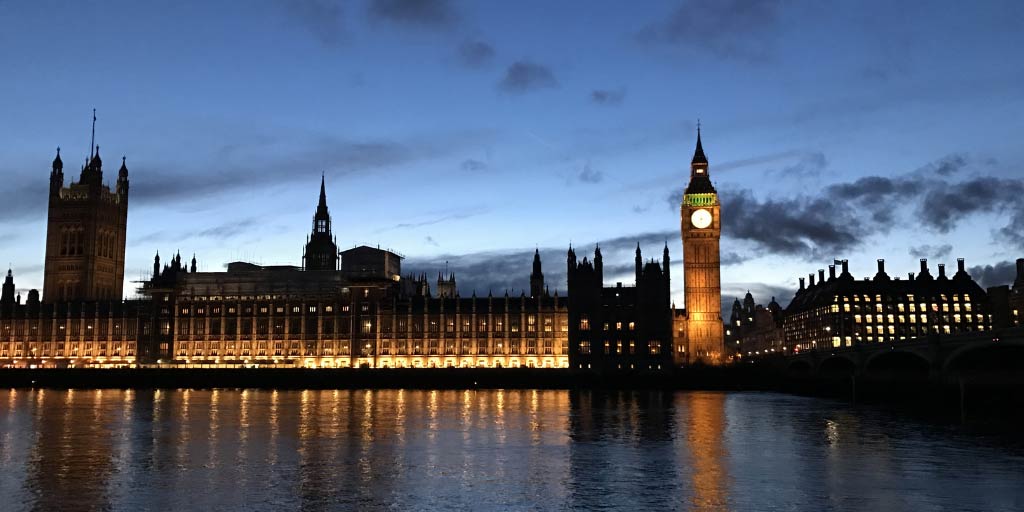
Category: government and politics government and politics
government and politicsIt has been announced that the Renters’ Rights Bill is officially entering its final debate stage on 14th October.
This stage, named ‘consideration of amendments’, will once again bring the Bill to the House of Lords. Any alternative proposals made in the Lords may then be sent back to the Commons. Until a definitive conclusion is reached, the Bill may be sent and forth between both Houses, in a process formally known as ‘ping pong’.
Since the consideration stage is essentially the ‘victory lap’ before a piece of legislation enters Royal Assent and becomes law, it is unusual for members of either House to propose significant amendments at such a late juncture. Doing so would only delay the Renters’ Rights Bill, which has already received thorough, line-by-line scrutiny. This stage is about making sure every policy is as airtight as possible.
Royal Assent delayed
Considering how much they have hurried through previous stages of the process, many assumed that Labour would have pushed the Bill through to law before their annual Labour Party Conference, which is beginning on Wednesday 1st October.
Instead, the government has decided to wait until the conference season is over before recommencing the Renters’ Rights Bill debates. The recent resignation of Deputy PM Angela Rayner may have also been a factor in this decision, as Labour is in a difficult process of regrouping for their upcoming strategies.
Timeline for implementation
If the consideration stage runs smoothly, the Royal Assent process is expected to take place at the end of October, at the earliest.
If there is a delay into early November, the Renters’ Rights Bill’s finalisation would be quickly followed by Rachel Reeves’ Autumn Budget statement, which is scheduled for 26th November. The Autumn Budget will likely overshadow the assent of the Renters’ Rights Bill, especially in the mainstream news cycle.
Although Royal Assent marks the end of parliamentary proceedings, it does not mean that every policy included in the Bill will immediately enter law.
One of the Bill’s headlining policies, the removal of Section 21, is expected to be implemented with immediate effect . However, some believe that it may take until spring 2026 for the effects of this to be noticed.
Similarly, the introduction of new possession grounds, the end of fixed-term tenancies, and new restrictions placed on rent-in-advance options may all be executed soon after Royal Assent.
The planned database documenting all private landlords is one policy that will take longer to introduce. Labour MPs are still discussing how it will work, since the technical infrastructure is not yet in place.
Awaab’s law crossing over into the private rental sector (PRS) is also expected to take some time – possibly until the end of 2026.
Pet palavers
A compromise for divisive pet insurance reforms was proposed in the House of Lords. Since landlords would be unable to require pet insurance from tenants, peers suggested that they could instead request a ‘pet deposit’, i.e. three weeks’ worth of rent to cover any potential costs for damages caused by tenants’ pets.
However, as soon as the Bill went back to the Commons, Labour shot this proposal down. The government argued that the five-week deposit limit covers pet-related damage costs, and charging more on top of the usual deposit cap would be a financial burden on tenants. The decision to take pet insurance will be entirely at the tenant’s discretion.
Other amendment rejections
The House of Lords suggested that the planned restriction on private landlords being able to re-let their properties should be reduced from 12 months to 6 months.
Labour rejected this, citing that the 12-month rule will remain in place to discourage landlords from abusing grounds for possession.
There will also be no extension of student possession grounds for landlords with smaller properties. Only Houses of Multiple Occupation (HMO) will be eligible, while flats with one or two bedrooms will not.
The government dismissed calls for extended student possession grounds, saying that postgrads and students with dependants would be fairly protected by the current rules.
